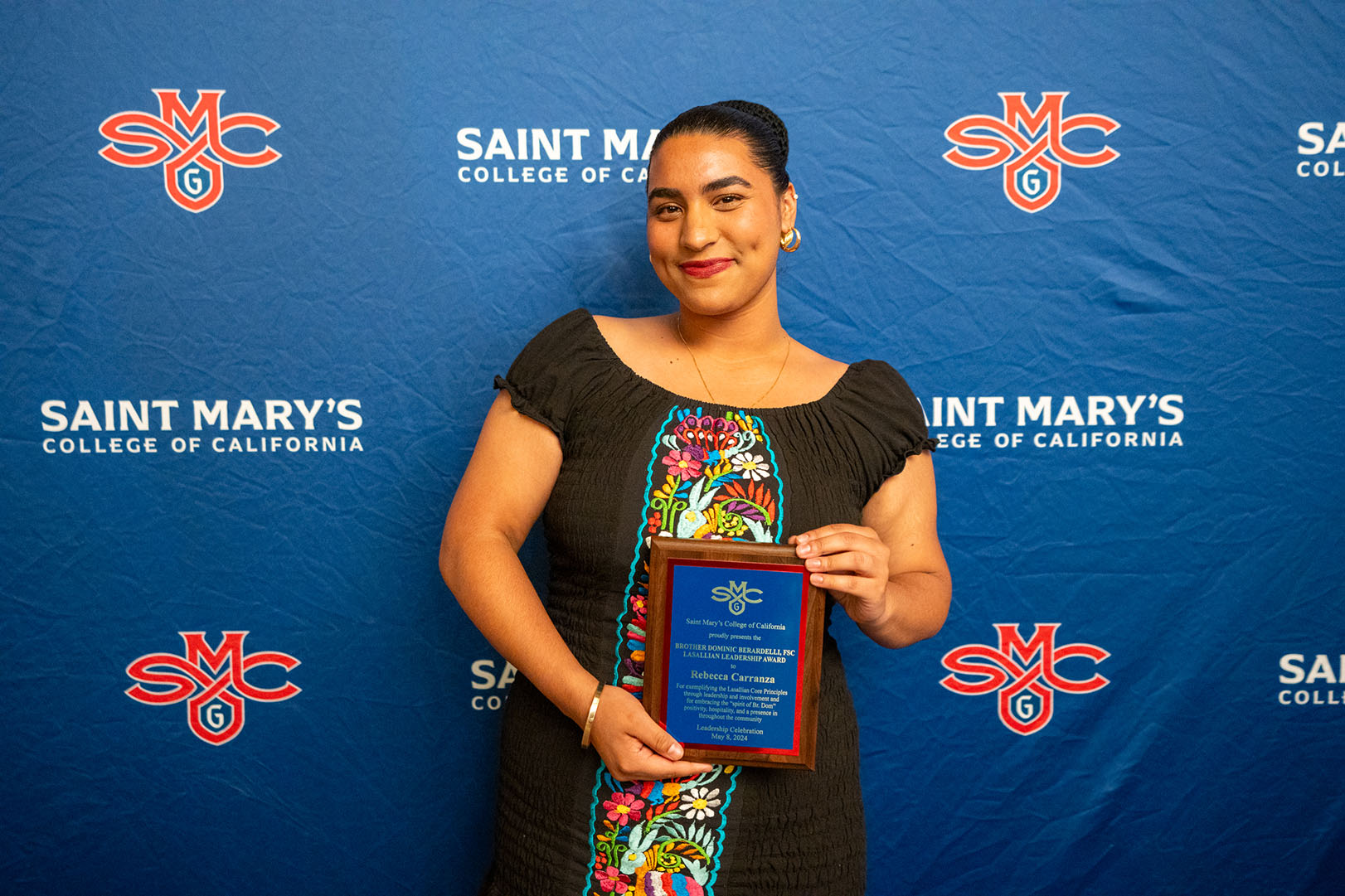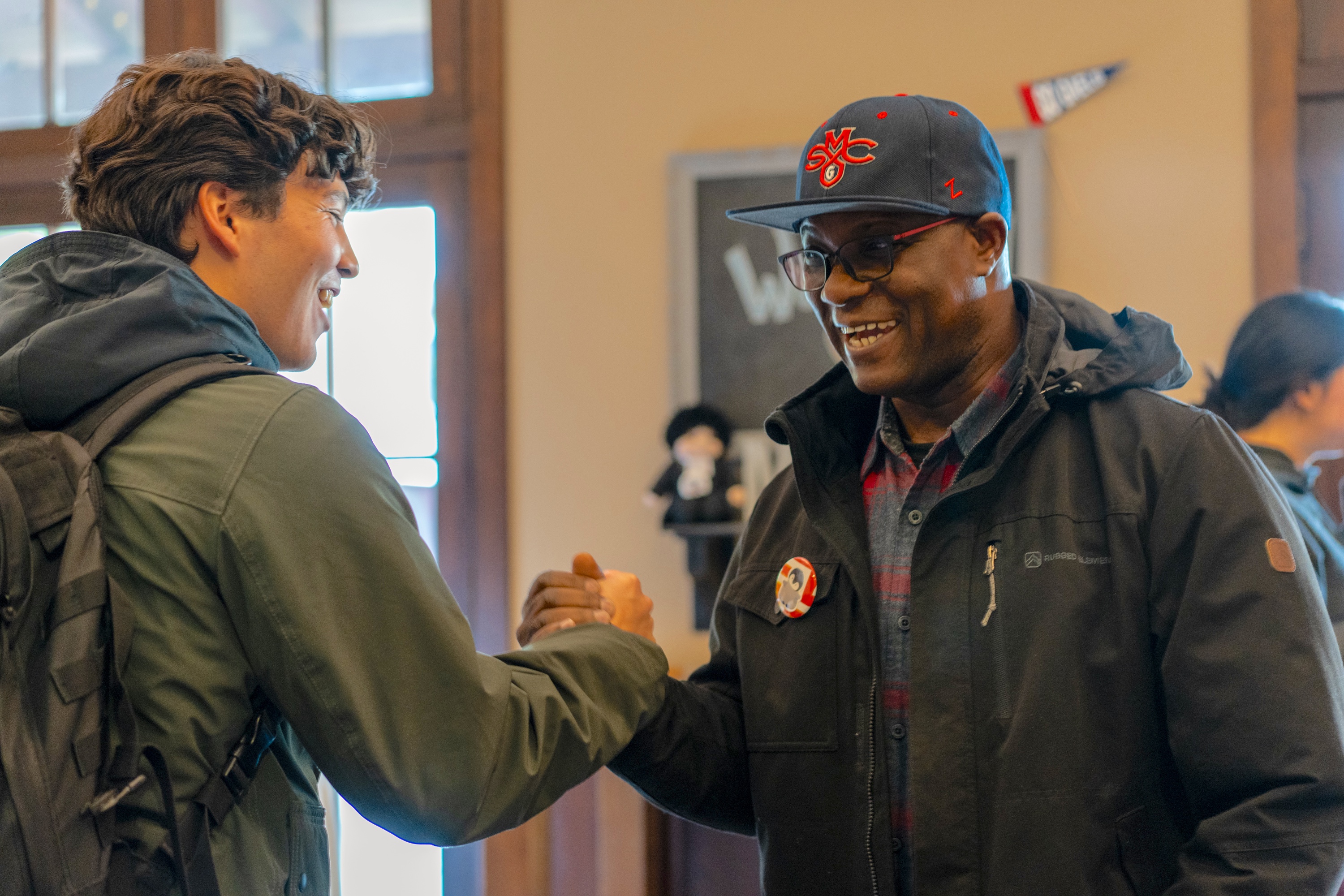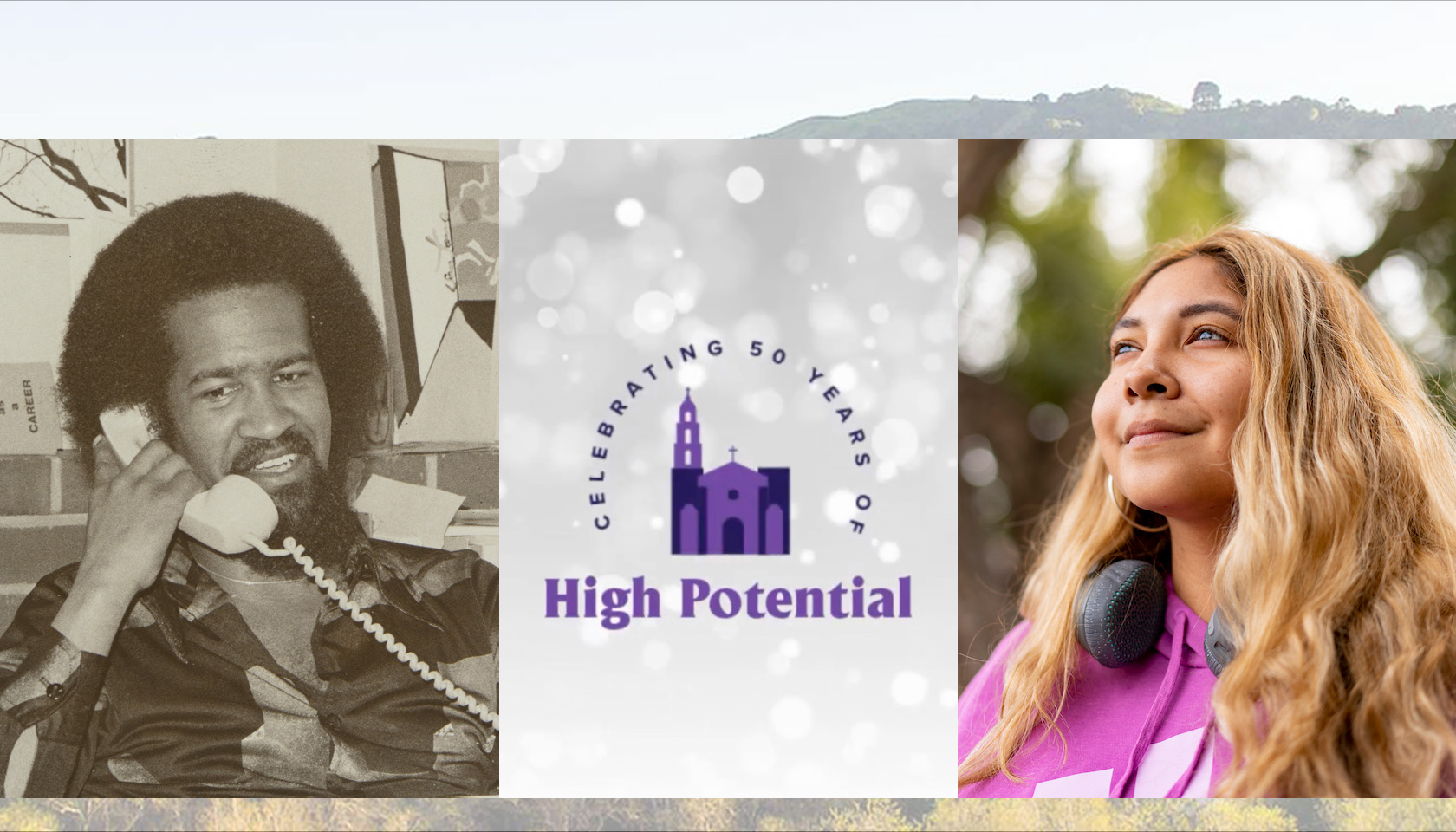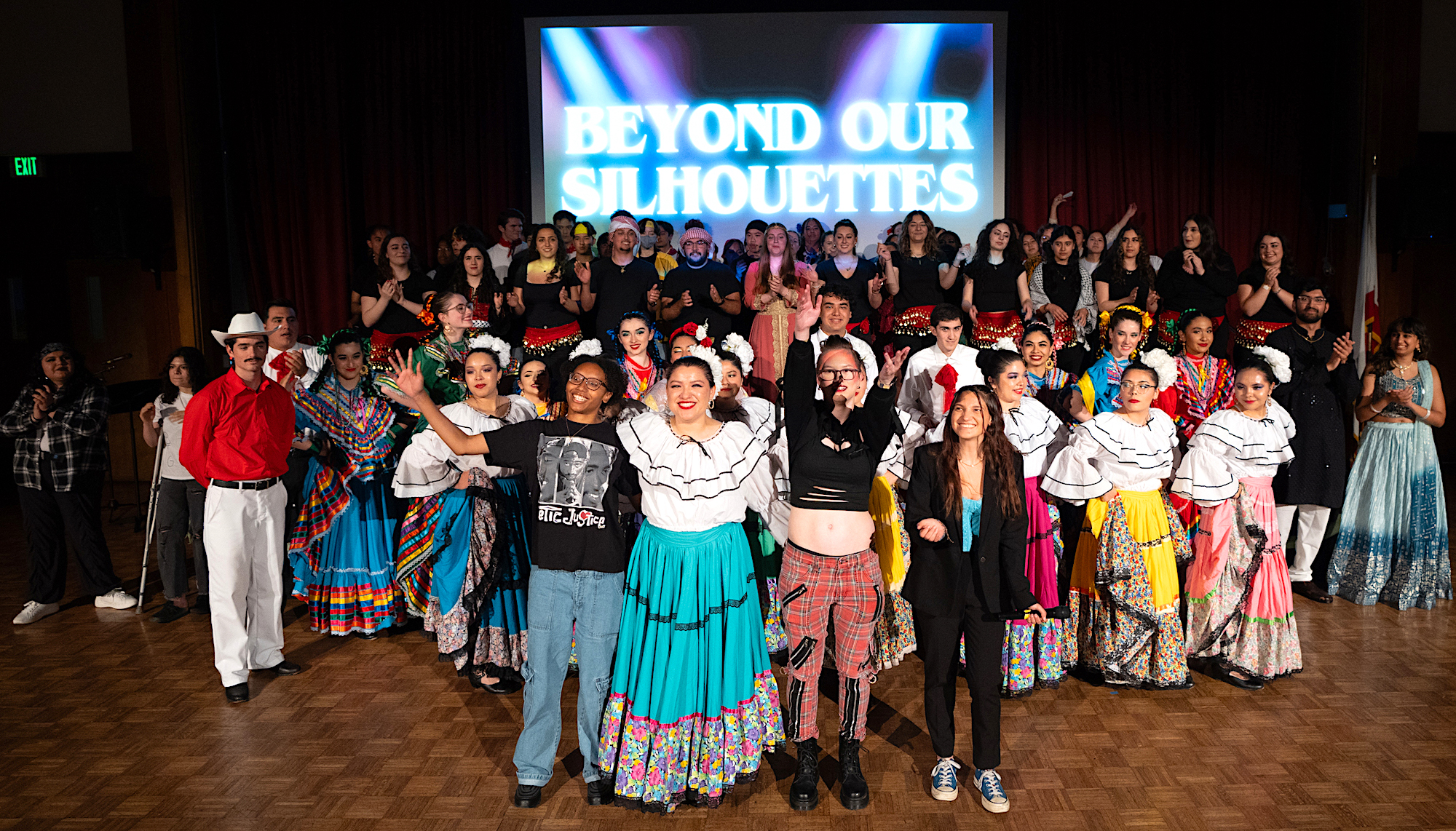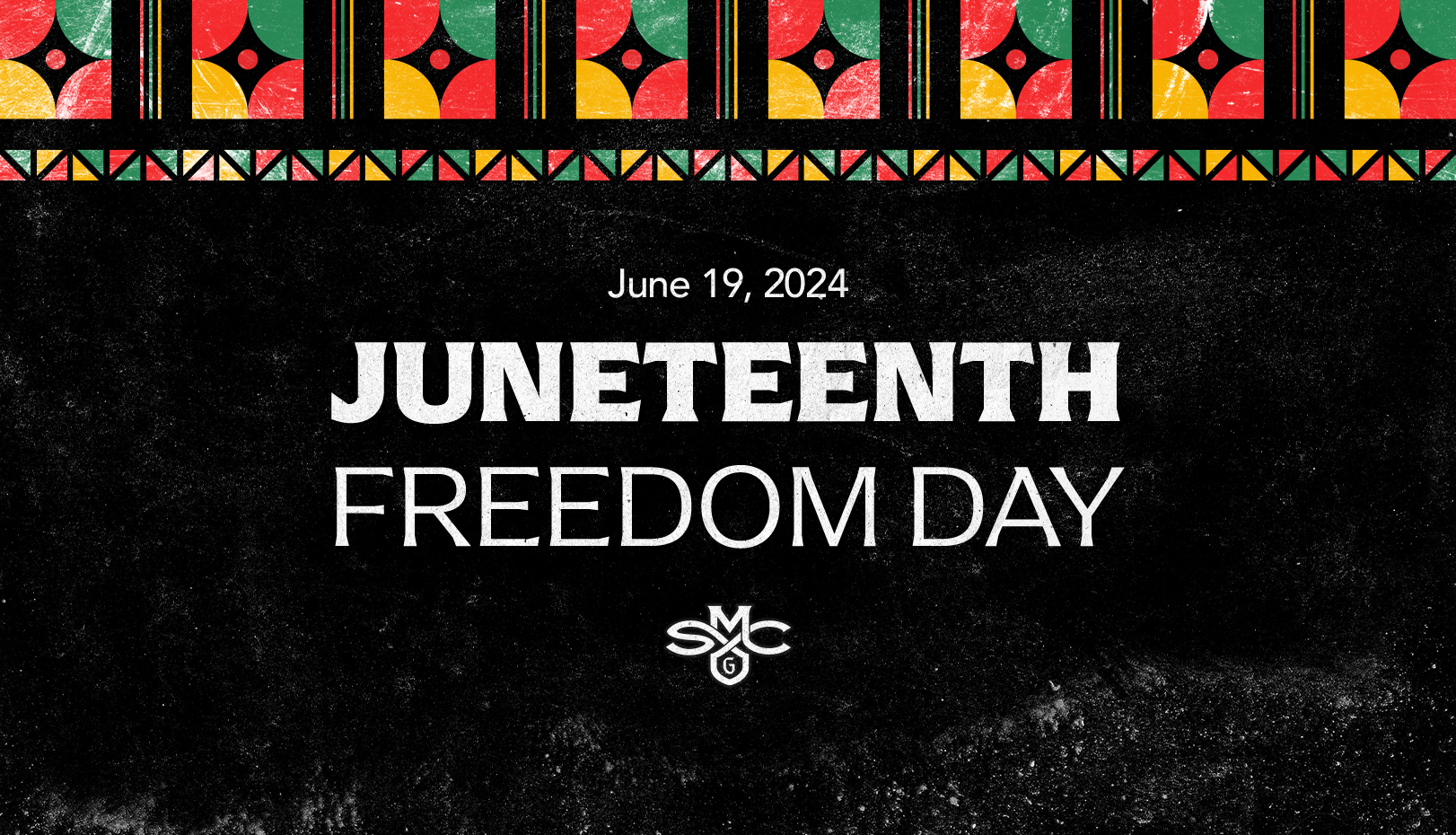
Honoring Juneteenth
A message to the Saint Mary's Community
“That the formerly enslaved did not take up Lincoln’s offer to abandon these lands is an astounding testament to their belief in this nation’s founding ideals.”
– Nikole Hannah-Jones, The 1619 Project
This Wednesday, Saint Mary’s will join the nation in honoring and recognizing Juneteenth, a national holiday that acknowledges the significance of June 19, 1865. On that day, General Gordon Granger arrived with Union troops in Galveston, Texas to read an order from President Abraham Lincoln notifying enslaved Black people that they were free.
This was, in fact, an order that had been given by President Lincoln two years earlier. Although the message was delayed in reaching Galveston, we now know that the plantation owners were aware of the order before 1865. They simply prioritized getting in one more good harvest over the freedom of the enslaved.
How History Is Told
Steeped in the liberal arts tradition, Saint Mary’s focus on social justice requires an institution of Lasallian Catholic roots to consider how history is told and the lens through which we reflect upon and learn those lessons.
For example, the Emancipation Proclamation was signed on January 1, 1863, but according to Nikole Hannah-Jones in her book The 1619 Project, President Lincoln issued a preliminary Emancipation Proclamation during his Second Annual Message in December 1862 that advocated for the “colonization” of Black Americans. If successfully implemented, this would have relocated formerly enslaved people to a reservation outside of the United States, so Hannah-Jones argues that Lincoln himself was not an advocate for the full citizenship of Black people.
Fortunately, the colonization project did not appear in the final Emancipation Proclamation, and Lincoln’s secretary, John Hay, wrote in his diary that Lincoln had “sloughed off” the idea of colonization. Historians still debate the meaning of this passage, however, and Lincoln is not known to have ever repudiated colonization outright.
For decades, we have honored Juneteenth, commemorating the struggle for freedom and grappling with the true extent of our liberation. Yet, we must ask ourselves: How free are we, really?
What is not disputed is that thousands of Black men and women contributed significantly to the Union war efforts, ultimately leading to the defeat of the Confederacy and the end of the Civil War. Irrespective of Lincoln’s actual role, there can be no doubt that Black Americans worked towards their own emancipation, spilling their own blood and sacrificing their own lives.
Remembering the Past
Those of us from Black families who relocated to California from Texas and Louisiana are part of the 6 million Black individuals who migrated from the south between 1910 and 1970 under duress during “The Great Migration.” For decades, we have honored Juneteenth, commemorating the struggle for freedom and grappling with the true extent of our liberation. Yet, we must ask ourselves: How free are we, really?
President Biden declared Juneteenth a national holiday in 2021 amidst ongoing political tensions and strife, fueled by events like the public killings of George Floyd Jr., Breonna Taylor, and Ahmaud Arbery in 2020. This recognition also stems from collective experiences of Black Americans, including their resilience during the Reconstruction era—marked by a surge of lynching and disregard for the rule of law—as well as Jim and Jane Crow segregation, the imperative of the Great Migration, and the struggles of the Civil Rights, Voting Rights, and Black Power movements, and the present-day Black Lives Matter movement. The Emmett Till Antilynching Act, signed into law by President Joe Biden in 2022, further underscores the ongoing efforts to address racial injustices.
Please join me tomorrow, June 18, at 11:30 a.m. for a lunch-time showing of Green Book in the SMC Library. Inspired by a true story, the film tells the story of a tour through the Deep South in 1962 by pianist Don Shirley—played by SMC alum Mahershala Ali ’96. Bring your lunch, watch the film, relax, and engage in a discussion about the film and the plight of Black Americans from the Civil War onward.
Dr. Terri Jett is the Associate Vice President/Senior Diversity Officer at Saint Mary's. Write her.
